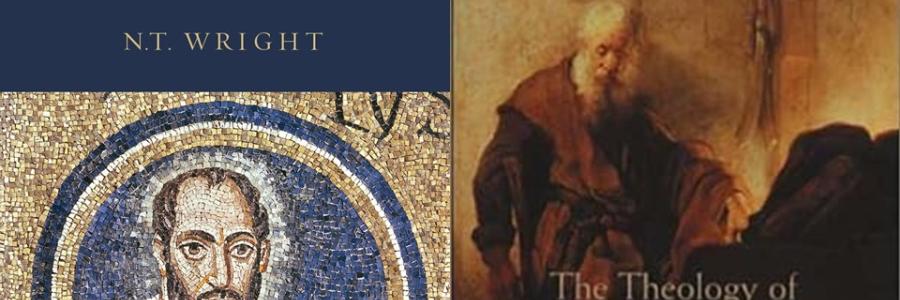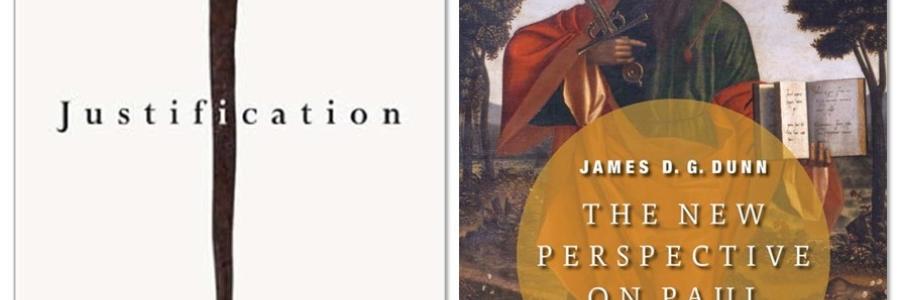How is a person justified before God? That was the question that ignited the Reformation. Beyond that foundational question, theologians have debated additional questions, such as “What is the importance of justification in relation to the other benefits of salvation?” and “Where does justification fit logically in relation to saving faith?”
To answer these questions about justification, we must first explore the exact nature of justification. Theologians have held two main positions: infusion and imputation.
Roman Catholic Position: Infusion
At the time of the Reformation, Catholics and Protestants differed greatly in their understanding of justification and grace. The Catholic position defined justification to include all of the benefits of salvation, making it a process. Grace was understood as a God-given ability to do good works which was infused into the person. This Catholic view is sometimes described by the words, “Christ IN us.”





Discussion